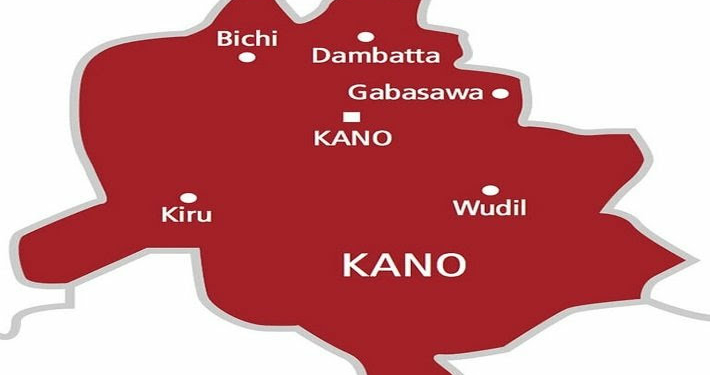- Only 9.6% of primary school pupils in Kano are proficient in reading, while 11.2% demonstrate basic numeracy skills, UNICEF reports
- Approximately one million children, or 32%, are not enrolled in formal education, highlighting a significant education crisis in Kano
The United Nations Children’s Fund (UNICEF) has revealed alarming statistics about education in Kano State, Nigeria.
According to UNICEF, only 9.6% of primary school pupils in the state are proficient in reading, while just 11.2% demonstrate basic numeracy skills.
UNICEF Chief of the Kano Field Office, Mr. Rahama Mohammed, disclosed this during a press conference marking the 2025 International Day for Education in Kano on Friday.
The event’s theme, “AI and Education: Preserving Human Agency in a World of Automation,” was described as highly relevant.
Mohammed highlighted the state’s ongoing education crisis, citing data from the 2021 Multiple Indicator Cluster Survey (MICS).
He revealed that nearly one million children, or approximately 32% of primary school-aged children in Kano, are not enrolled in formal education.
To address these challenges, UNICEF has been actively supporting reforms, including the integration of Quranic schools into the formal education system.
The organization has developed an integrated curriculum and trained over 290 Quranic school Mallams and proprietors across Kano and Jigawa States.
“These efforts aim to ensure children in Quranic schools gain basic education alongside religious studies,” Mohammed explained.
Additionally, UNICEF has focused on improving school infrastructure with climate-resilient designs and the construction of Water, Sanitation, and Hygiene (WASH) facilities. These interventions have benefited 39,432 children—19,810 boys and 19,622 girls—through upgrades in 33 schools across Kano and Jigawa.
UNICEF has also implemented initiatives to enhance education quality, including the professional development of 1,109 teachers in areas like Reading and Numeracy Activities (RANA) and Early Childhood Development. Over 630,249 teaching and learning materials have been distributed to support Early Childhood and primary education.
Mohammed expressed gratitude to partners, including the European Union, for their collaboration on the Education and Youth Empowerment (EYE) Programme in Kano, Jigawa, and Sokoto States.
He also acknowledged the Foreign, Commonwealth and Development Office for its support of the CRIBS project in Kano and Jigawa.
UNICEF reaffirmed its commitment to collaborating with state governments, particularly in Kano, Katsina, and Jigawa, to improve access to and the quality of basic education.










Discussion about this post